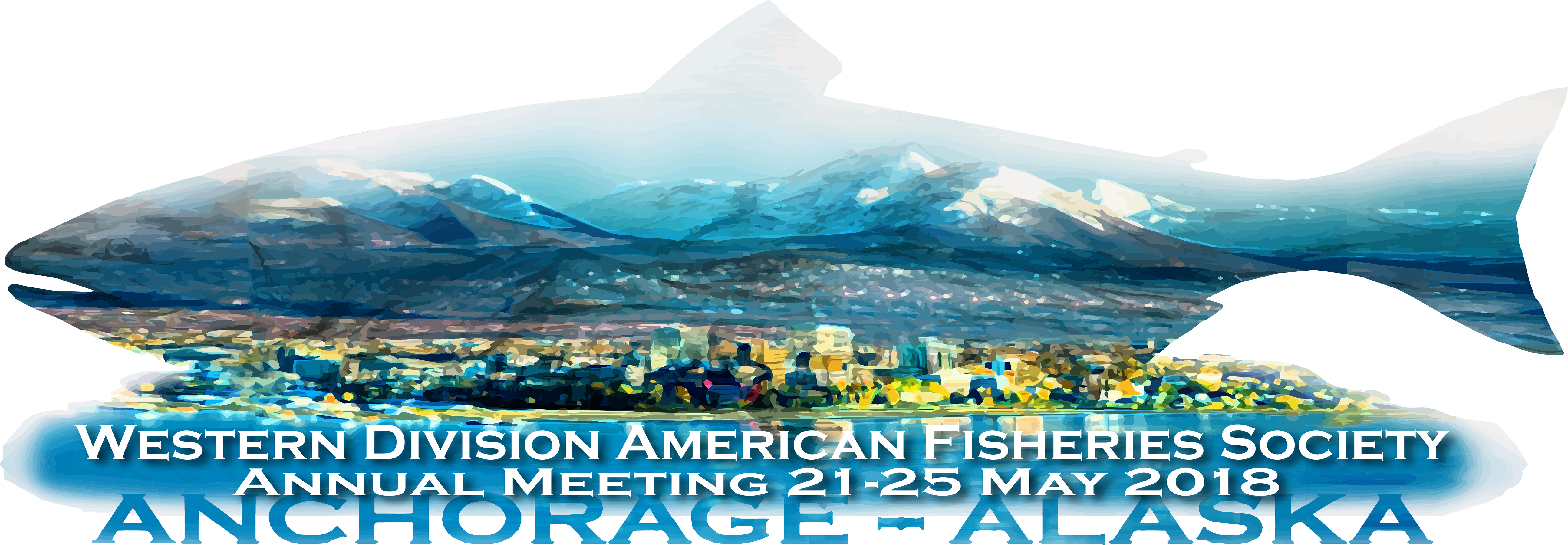Innovative Developments in the Use of PIT-Tag Technology: Technical and Modeling Considerations
Course Date: Monday, May 21st, 2018 9-12pm
Class Location: Egan Center (Anchorage)
Instructor(s): Peter MacKinnon, Biomark Inc/Utah State University, [email protected],
Course Registration Fee: FREE
Course Participants: 15-30
Format: Presentation with discussion input from attendees. Equipment demonstration.
Description: Radio Frequency Identification or RFID was introduced into the realm of fisheries science in the Pacific Northwest in the mid-1980’s with the introduction of the Passive Integrated Transponder (PIT) tag. Innovations such as multiplexing antenna readers, smaller high-performance tags, and larger more robust antennas have resulted in the widespread application of PIT-tag technology as a fisheries data collection tool.
As the use of PIT-tag technology becomes more geographically widespread, the need for alternative detection techniques and methods has become apparent. Innovative new styles and types of fish detection antennas have been developed and tested, driven by the needs and ideas of biologists working with species having diverse life histories in diverse geographical regions.
The goal of the continuing education course is to provide an overview of the uses of pit tag technology in fisheries research. The course will cover the basics of, and potential problems related to; site selection, system design, power sources, cost, remote data access, and continued system monitoring and maintenance. The course will not teach users how to build PIT-Tag antennas or analyze their data. The course is intended for researchers and biologists who are considering using stationary or mobile passive interrogation arrays and are seeking an overview of current technology.
Reproducible Research in R
Sponsored by the Alaska Chapter of the American Fisheries Society and the Data Task Force at the National Center for Ecological Analysis and Synthesis, a part of the State of Alaska Salmon and People project.
Course Date: Monday, May 21st, 2018 8-4:30pm
Class Location: Egan Center (Anchorage)
Instructor(s): Jeanette Clark, Jorge Cornejo-Donoso, Matt Jones, Madeline Jovanovich, andJared Kibele
Course Registration Fee: $25 (sale ends on April 21st), $35 (after April 21st), Free (students)
Description: This full-day workshop will provide students with an introduction to reproducible data science techniques using R, RStudio, Git, and GitHub. Intended to improve students’ ability to communicate and share their analysis techniques more effectively with modern R packages such as those within Tideyverse. Attendees should be connected with an internet-capable laptop, and have the latest versions of R and RStudio installed. Instructions to do so will be provided in advance. Students need not be familiar with Git, but should have a basic knowledge of R. Topics covered include version control with Git, reproducible analysis using RMarkdown, and publication graphics using ggplot2, and tidy data with dplyr and tidyr. This workshop is structured with materials that students can follow along with hands-on instructor support using their own computers and take home to use with their own data. This collaboration is funded through the State of Alaska Salmon and People project, and supported by the National Center for Ecological Analysis and Synthesis Data Task Force.
